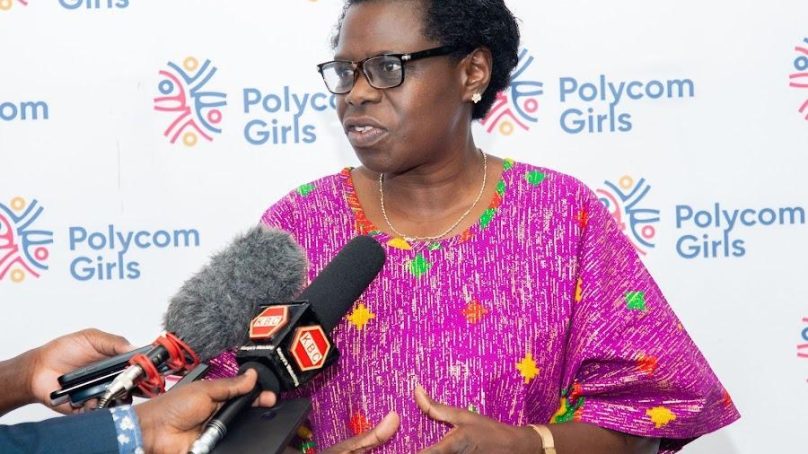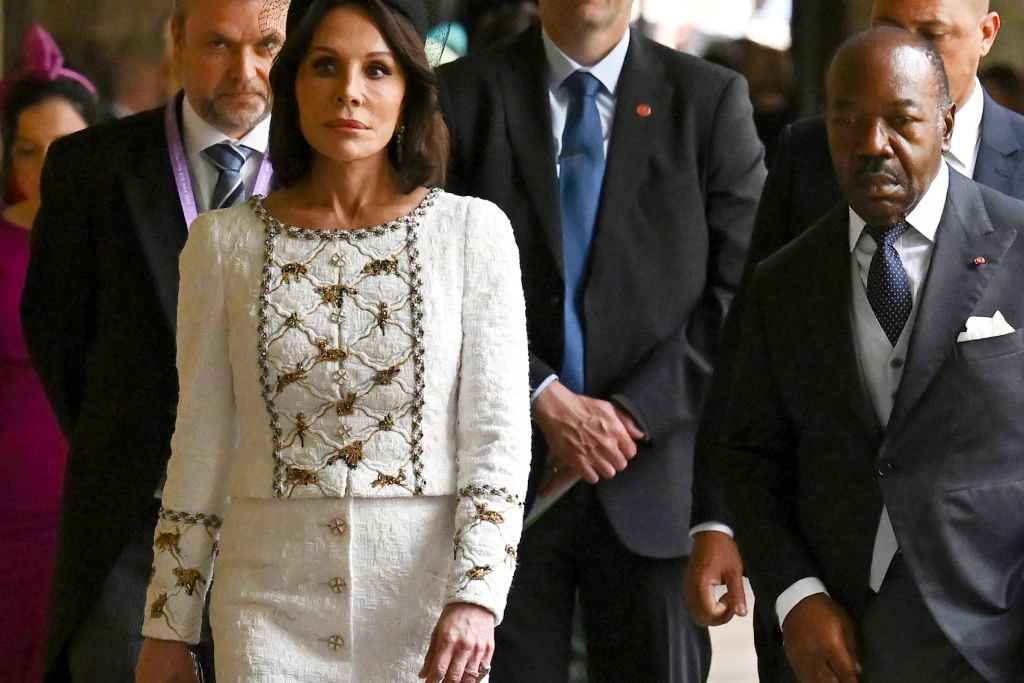
Despite notable progress in Kenya’s gender agenda, girls in schools remain vulnerable to grooming, sexual exploitation and exclusion from decision-making spaces, a women-only conference held in Nairobi was told.
Grooming refers to building a relationship with a child or vulnerable adult in order to manipulate, exploit or abuse them. The exploitation is often sexual and the victims can be “trafficked” during this process.
The concerns about grooming were expressed during a Polycom Girls conference. Polycom Girls is a Pan-African feminist, women-led organisation successfully hosted the fifth edition of the Girls Assembly where adolescent girls and young women lead conversations on gender equality, social justice, leadership and innovation.
This year’s Girl’s Assembly brought together girls from Kibera, Homa Bay, Kajiado, Nairobi’s informal settlements and universities around the country under the theme: Legacy in Motion: Her Voice, Her Power, Our Future.
While speaking during the event at a Nairobi hotel, Suba North Member of Parliament Millie Odhiambo said that despite notable progress in Kenya’s gender agenda, girls in schools remained vulnerable to grooming, sexual exploitation and exclusion from decision-making spaces.
She said that early pregnancies, violence and lack of meaningful engagement continue to threaten the future of adolescent girls and young women.
“When you see a 10-year-old pregnant, it means grooming has been happening,” she said, adding that as a country, we need to establish policies on sexual and reproductive health.
The MP said that the Girls Assembly serves as both a celebration of resilience and a strategic call to action showcasing why Kenya must institutionalise girl-centred spaces across all counties.
“Events like this are changing lives by giving girls tools and confidence to speak out and lead,” she said.
Founder and Director of Polycom Girls Jane Anyango said Girls Assembly is not a one-time event but a movement that redefines leadership by putting girls in the driver’s seat and builds a sustainable pipeline of confident, capable young women ready to take up space.
“Girls have moved from silence to strength, mentored by women who walked before them, and now innovating for their futures,” she said adding that the event also marked a growing collaboration with organisations like Daraja Letu Foundation.
She said that the event has grown into a transformative platform where through storytelling, art, urban carnivals, innovation challenges, and intergenerational dialogues, it has empowered girls to imagine and create a just future.
She said that having served Kenyan girls for over 20 years, particularly in informal settlements, Polycom Girls continues to pioneer interventions that elevate the voices of girls and dismantle the socio-economic barriers they face.
She called upon county governments, educational institutions and CSOs across Kenya to replicate and support such spaces, ensuring no girl is left behind due to grooming, exploitation or exclusion.
Polycom Girls Programmes Manager Wendy Aura emphasised intentional leadership building in both Nairobi and Homa Bay, where girls are now engaging with global platforms like Beijing+30, SDGs and the Gender Equality Forum
“This assembly is not just about reflection, it’s about honouring the journey, amplifying girls’ voices and preparing them to take up leadership in every sphere,” she said.
Notably, she said, the Feminspire Innovation Challenge, a youth-led initiative birthed from this Assembly, gives young mothers and girls’ opportunities to pitch community impact ideas and receive funding.
Founder Daraja Letu Foundation Rachelle Ouko said that women and girls are rising to leadership positions including in community development, businesses, education despite facing cultural, economic and systemic barriers and have proven that they when given equal opportunities, they could drive significant change and inspire generations.
Ouko announced a six-month mentorship programme for newly elected adolescent girls and young women leaders in the Polycom space and urged CSOs to break silos and build stronger coalitions.
“We cannot fight grooming, sexual harassment and violence in informal settlements alone,” she said adding that through the IMatter campaign and other resolutions passed on women and girls rights, they are building voices that influence women, peace and security agendas.
Newly elected She Leads Representatives Stacy Akinyi (Nairobi County) and Nancy Akinyi Ochieng (Homabay County), shared their visions for inclusive leadership that prioritizes climate action, mental health, unity, and entrepreneurship.
“This is a dream come true,” said Stacy. “When I leave this role, I want to be remembered as the leader who delivered what she promised.”
- A Tell Media / KNA report / By Anita Omwenga







